Religion
Sacred Seltzer
*Blessed according to official Catholic procedure on March 31, 2022, in LA County, CA.
More info: SacredSeltzer.com

Posted By: Alex - Tue Jul 02, 2024 -
Comments (5)
Category: Inebriation and Intoxicants, Religion
Minister Cancels Walk on Water
May 1972: Rev W.L. Jenkins of Mississippi advertised that he was going to walk across the surface of the Ross Barnett Reservoir. But he had to cancel the event when he was shot in the leg while driving to the reservoir. He said he still planned to walk across the reservoir sometime in the future, but wouldn't publicize the event beforehand.It doesn't seem that Rev Jenkins's failure to walk on water put a dent in his popularity. He continued to have an active ministry, as documented on his website JenkinsMinistry.com.
Related post: When Yogi Rao walked on water

Quad-City Times - May 22, 1972
Posted By: Alex - Wed Jun 26, 2024 -
Comments (3)
Category: Religion, 1970s
The Wayfarer’s Dole
From Gastro Obscura:The Church's home page.


Posted By: Paul - Tue Jun 25, 2024 -
Comments (1)
Category: Food, History, Religion, United Kingdom, Alcohol
Crying Artist
Controversy recently struck the General Theologial Seminary in New York after it invited an artist to perform in the college chapel. Details from Church Times:I know some people can cry on command, but for five hours?
The Episcopalian community thought the event sounded way too weird, forcing the seminary to cancel the performance before it happened.
Posted By: Alex - Sun Apr 14, 2024 -
Comments (2)
Category: Religion, Performance Art, Sadness
Worst Easter Pageant Ever
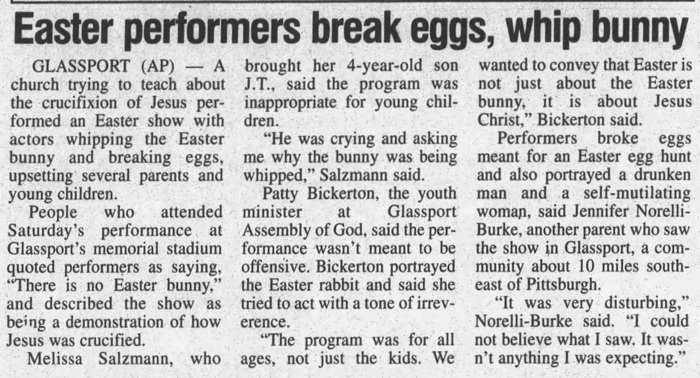
Somerset Daily American - Apr 8, 2004
Posted By: Alex - Sun Mar 31, 2024 -
Comments (2)
Category: Religion, 2000s, Easter
Working on Sunday
The UK's Shops Act made it illegal to operate a shop on Sunday... unless one was Jewish (since the Jewish observed the sabbath on Saturday). So business owner Mike Robertson figured that to open his stores on Sunday he simply had to make his staff convert to Judaism.The Shops Act had other oddities. According to the London Telegraph, a shop could stay open if it was "in an officially designated 'holiday resort area'" or if it restricted sales to "certain kinds of perishable goods, like fruit, flowers and vegetables; medical and surgical appliances, newspapers, cigarettes and refreshments."

Bristol Western Daily Press - Mar 8, 1977
Posted By: Alex - Fri Mar 22, 2024 -
Comments (2)
Category: Business, Law, Religion, 1970s
Smell of the Apocalypse
A fragrance recently released by Thomson & Craighead is described as "a complex fragrance based on olfactory materials detailed in The Book of Revelation as it appears in the King James Bible first published in 1611."Some of those materials:
Thunder, blood, hail and fire, the creatures of the sea that have died, wormwood, a rod of iron, the opened earth, a grievous sore, the blood of a dead man, every living soul [who has] died in the sea, plagues, wine of her fornication, animal horns, filthiness of her fornication, blood of the martyrs of Jesus, flesh burned with fire, [and] a lake which burneth with fire and brimstone.
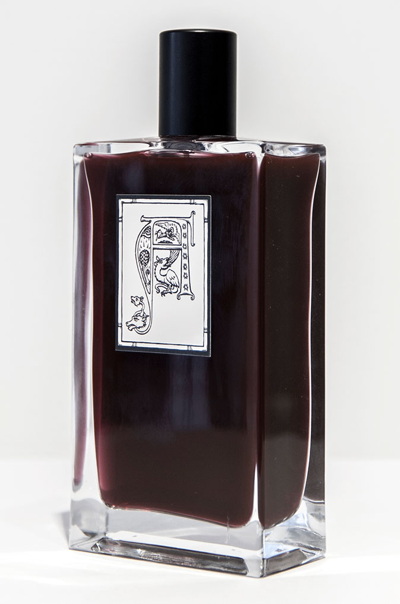
Posted By: Alex - Mon Mar 18, 2024 -
Comments (2)
Category: Armageddon and Apocalypses, Religion, Perfume and Cologne and Other Scents
The Recording Rosary
Damon Doherty invented the "Recording Rosary" so that people could pray the Rosary while driving. As a traveling jewelry salesman he found that "Rosary beads sometimes became tangled in the gear shift as he prayed his way from city to city." So he invented a solution (Design Patent 167,827).I'm not Catholic, and know very little about praying the Rosary, but I've got a few questions about his invention.
First, is it considered okay to multitask while praying the Rosary? So it's okay to pray the Rosary while driving a car?
Second, the second article below notes that his Recording Rosary was "an actual Rosary of legitimate material." What are the 'legitimate' materials that Rosary beads can be made out of?
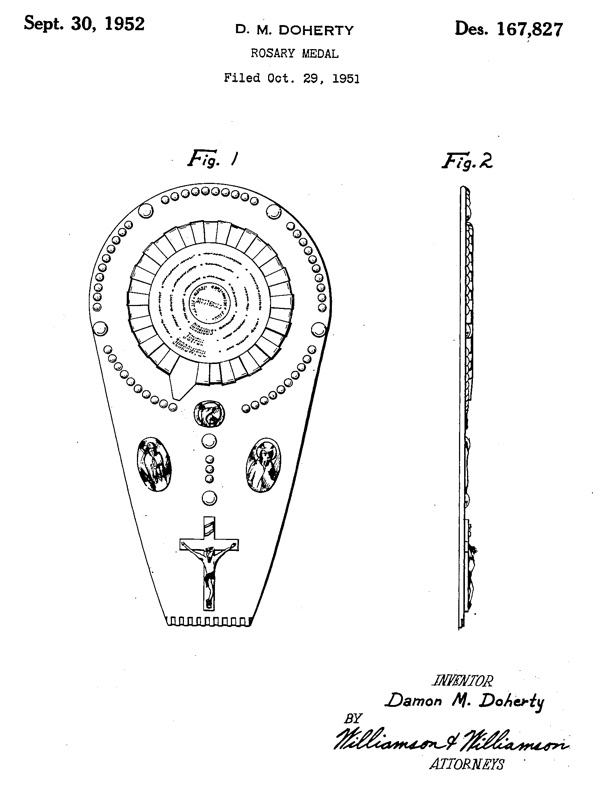
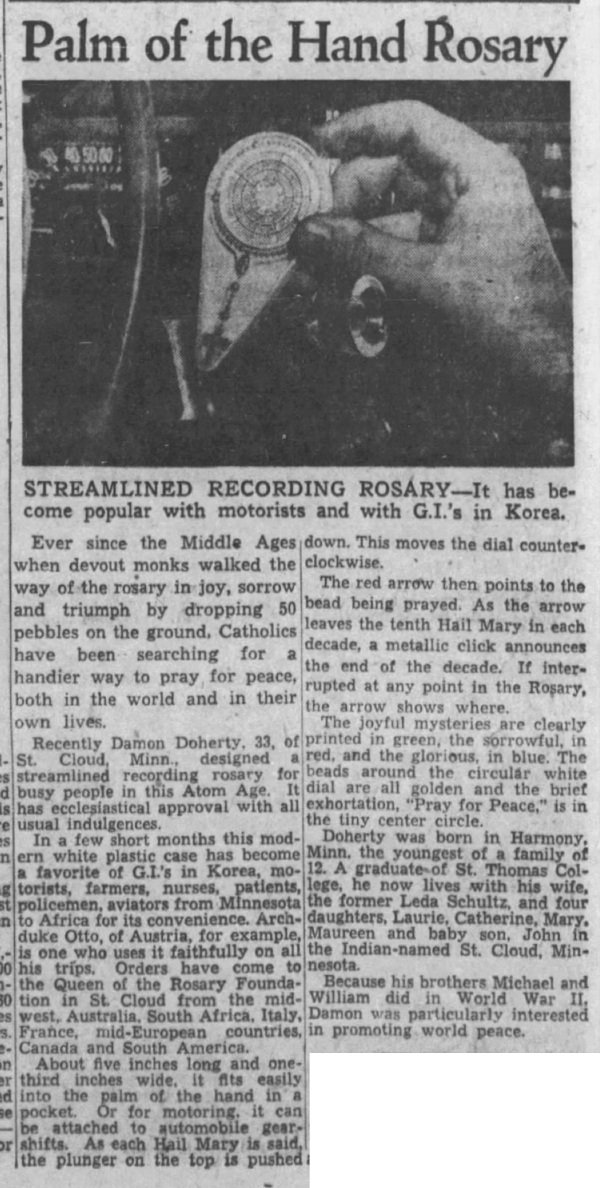
Boston Globe - Feb 22, 1953
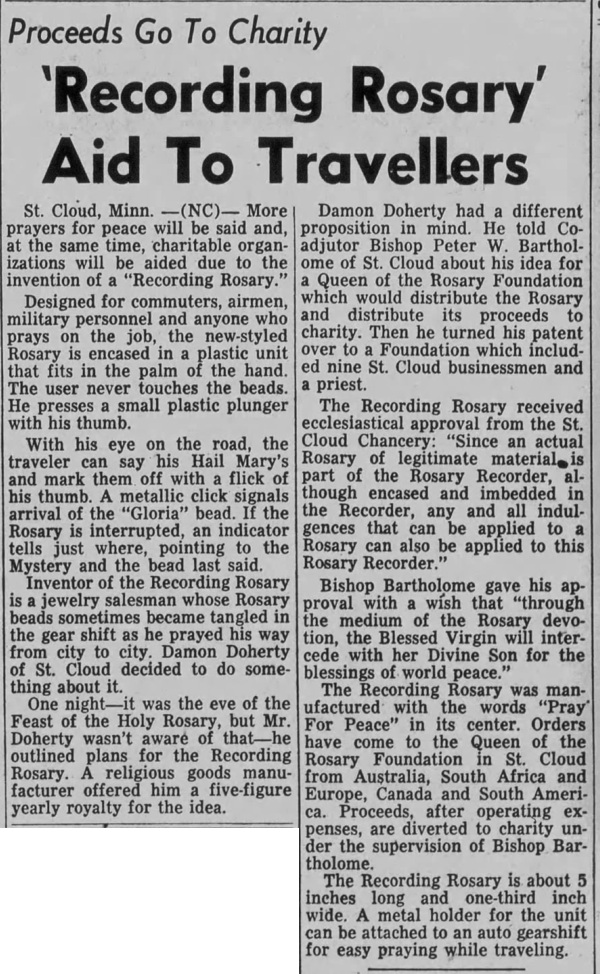
Omaha Our Sunday Visitor - Mar 15, 1953
Posted By: Alex - Sun Jan 14, 2024 -
Comments (2)
Category: Religion, Patents, 1950s, Cars
They Needed a Songbird in Heaven, So God Took Caruso Away
Never a good look for God, when He selfishly abducts entertainers for Heaven's Variety Show.
Posted By: Paul - Tue Jan 02, 2024 -
Comments (1)
Category: Death, Music, Religion, 1920s
Pudsey Treacle Mines
Aug 1975: The Rev. Paul Needle attempted to convince 150 British children to embrace the Christian faith with the argument that if the Pudsey treacle mines don't really exist, then Jesus must.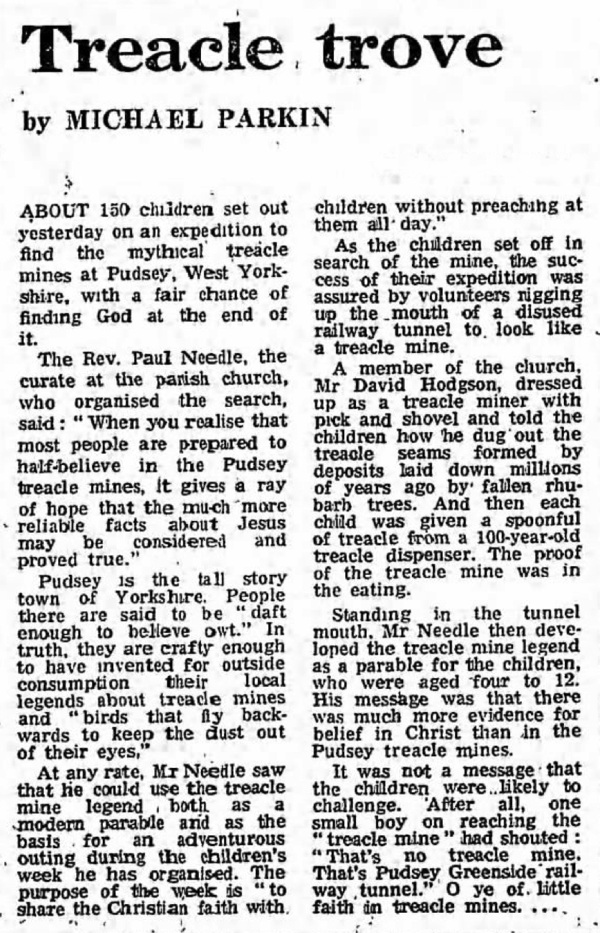
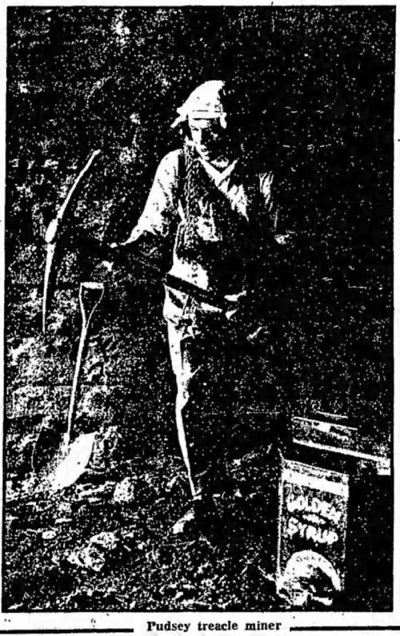
The Guardian - Aug 21, 1975
Of course, the flaw in his argument was that the treacle mines are quite real, as explained by Don Gillan:
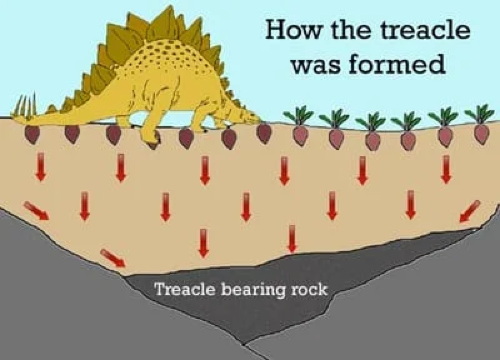
Posted By: Alex - Sat Dec 23, 2023 -
Comments (3)
Category: Religion, Candy, 1970s

| Who We Are |
|---|
| Alex Boese Alex is the creator and curator of the Museum of Hoaxes. He's also the author of various weird, non-fiction, science-themed books such as Elephants on Acid and Psychedelic Apes. Paul Di Filippo Paul has been paid to put weird ideas into fictional form for over thirty years, in his career as a noted science fiction writer. He has recently begun blogging on many curious topics with three fellow writers at The Inferior 4+1. Contact Us |




